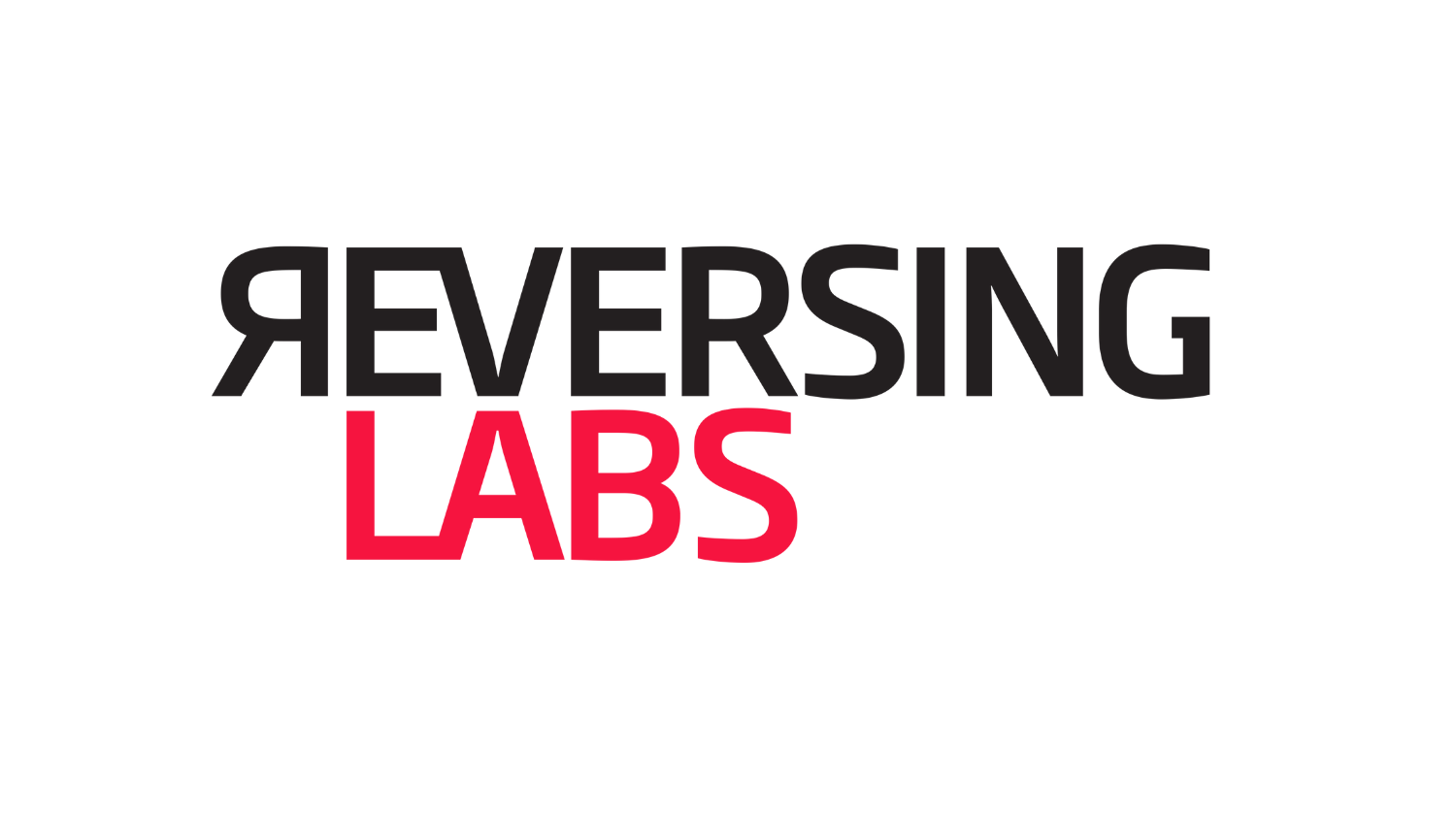Organizations rely on commercial software to manage core functions—from HR and ERP systems to collaboration platforms and engineering tools. These applications are assembled from a mix of first-party, contracted, open source, and proprietary third-party code. The result is a complex lineage that is often opaque to the customer.
Historically, security teams have had no direct way to verify the integrity of software from outside vendors. Application security tools like SAST, DAST, and SCA are ineffective when source code is unavailable. This leaves organizations dependent on contractual assurances, vendor questionnaires, and cyber insurance—measures that offer little protection against supply chain compromises like SolarWinds, Kaseya, and Ivanti.
Adding to the complexity, new regulations and government mandates are raising expectations. Executive Order 14028 in the U.S., the EU’s Cyber Resilience Act, and DORA require increased transparency via SBOMs. Yet SBOMs function like ingredient lists without indicating whether the finished product is safe, well-constructed, or free from malicious behavior.
The Solution: Comprehensive Binary Analysis
ReversingLabs delivers a no-compromise analysis engine capable of deconstructing any file, regardless of size or complexity, into its constituent components. It can analyze commercial binaries, open source packages, firmware, containers, and more to:
Detect malware, tampering, and embedded secrets
Identify vulnerabilities and insecure compile-time practices
Uncover undocumented network connections or callbacks
Flag compliance risks such as components from restricted regions
This approach provides a true technical control—not just policy—by inspecting the software itself.
Operational Integration
Organizations can integrate ReversingLabs into multiple workflows:
Procurement: Automatically scan all incoming software before it’s approved for deployment.
Version Monitoring: Compare releases to detect unexpected behavior changes.
Critical Environment Protection: Verify integrity of software and firmware before crossing trust boundaries into OT, ICS, or financial systems.
Third-Party Risk Management: Assess COTS software from strategic vendors as part of ongoing risk reviews.
This pre-filtering capability reduces the need for costly manual testing and can replace or downsize sandbox infrastructure.
Business Outcomes
Reduced Breach Risk: Early detection of malicious or vulnerable components prevents large-scale compromise.
Cost Savings: Lower manual testing, sandboxing, and incident investigation costs.
Regulatory Readiness: Demonstrate compliance with SBOM and software integrity mandates.
Brand Protection: Avoid reputational damage from supply chain incidents.
Insurance Leverage: Potentially lower cyber insurance premiums by demonstrating proactive controls.
With commercial software supply chain attacks climbing the board’s priority list, the ability to technically validate every application—rather than trust blindly—offers both strategic protection and measurable operational benefits.
Learn more about ReversingLabs: https://itspm.ag/reversinglabs-v57b
Note: This story contains promotional content. Learn more.
Guest: Saša Zdjelar, Chief Trust Officer at ReversingLabs and Operating Partner at Crosspoint Capital | On Linkedin: https://www.linkedin.com/in/sasazdjelar/
Resources
Learn more and catch more stories from ReversingLabs: https://www.itspmagazine.com/directory/reversinglabs
Are you interested in telling your story?
https://www.itspmagazine.com/telling-your-story






